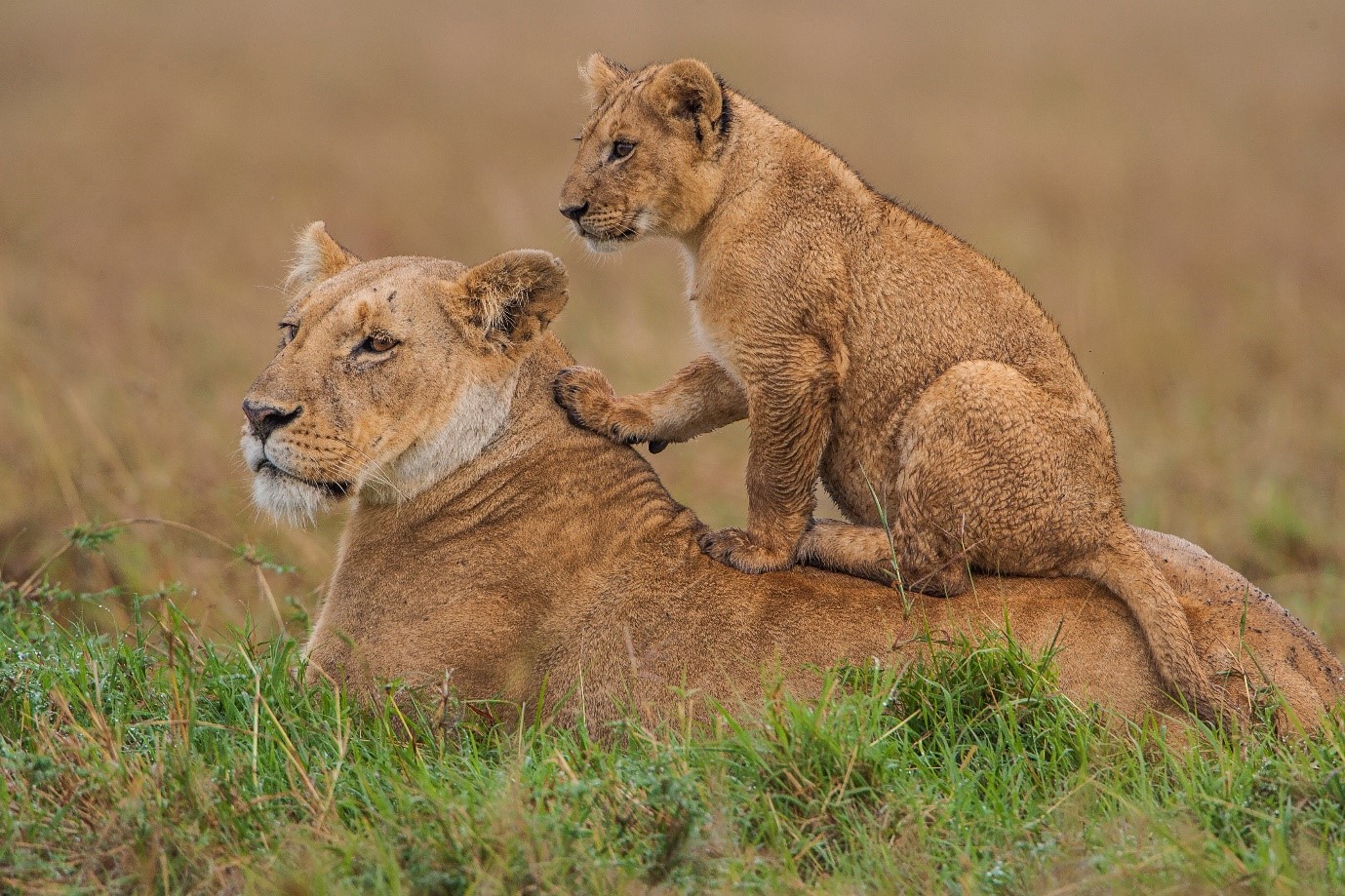Kenya Thursday commemorated World Lion Day amid shrinking populations and threats in the wild.
Kenya Wildlife Service (KWS) which marked the important day dedicated to the King of the Jungle is however concerned that the big cat species’ future is also threatened by the destruction of its habitat.
In a statement, KWS regretted that the lion population in Africa has declined by 96.5 percent over the past 100 years, with estimates placing their populations at between 20,000 to 35,000 individuals.
KWS says the country is not spared either with the iconic predator on a downward trajectory, going by the current population estimates being just over 2,500 individuals.
To mitigate the situation, KWS says the government is currently implementing the 2nd edition of the National Recovery and Action Plan for the Lion and Spotted Hyena in Kenya (2020-2030), whose vision is to sustain viable populations of lions and spotted hyenas in healthy ecosystems as a world heritage valued by the people of Kenya.
“The action plan’s goal is to restore and maintain viable populations of lions, spotted hyenas, and their wild prey while minimizing conflict and maximizing value to local communities,” says KWS.
With the increased cases of human-lion conflict and escalating intolerance due to the negative interactions, the theme of this year’s commemoration is “Reducing human-lion conflict through enhanced collaboration with communities.”
The African lion is listed in Convention on International Trade in Endangered Species (CITES) Appendix II, classified as Vulnerable in the IUCN Red List and classified as endangered in the Wildlife Conservation and Management Act (WCMA) 2013.
Human-Lion conflict
Dubbed the King of the Jungle, African lions (Panthera Leo) are facing numerous threats in the wild, such as habitat loss through deforestation or threats of poaching, climate change, depletion of their natural prey, and conflict with humans, among others.
In efforts to conserve the lion, one of the Big Five and a flagship species, Kenya has adopted the use of scientifically robust spatially-explicit-capture-recapture (SECR) methods to provide population estimates in lion source populations.
“ Lions are difficult to count accurately as they naturally occur at low density, are nocturnal, cryptic, and wide-ranging” KWS observes.
EXPLAINER-WORLD LION DAY
August 10, 2023, is the 10th anniversary of World Lion Day – a day that celebrates one of Africa’s most iconic wildlife species.
Lions are recognised worldwide for their importance, not only from a nature conservation and ecological perspective, but also symbolically, culturally, and in terms of tourism – as a member of the Big Five.
World Lion Day is therefore observed annually worldwide, to raise awareness about lion conservation and protection.
The day serves as a platform to educate people about the challenges faced by lions across the world, to promote efforts to conserve them, as well as to celebrate these majestic big cats and their significance in ecosystems and cultures around the world.





